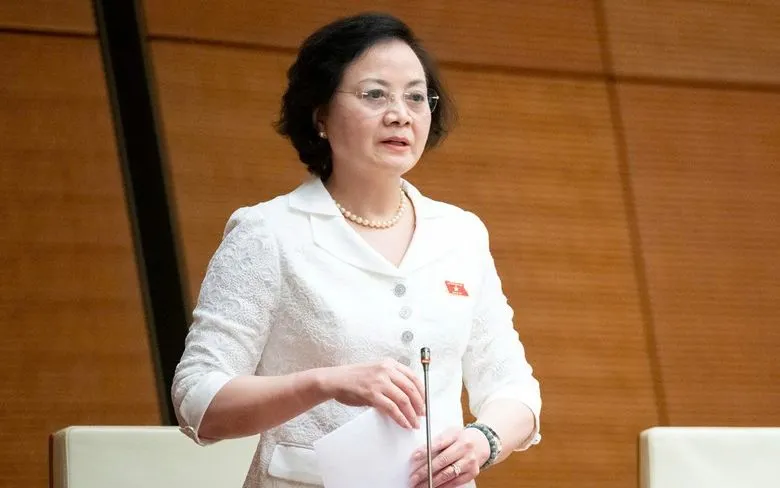
Deputy Prime Minister Pham Thi Thanh Tra
At the session During the National Assembly's socio -economic discussion on October 29, some delegates said that the basic salary of VND2.34 million/month applied from July 1, 2024 to now is no longer appropriate. The delegates recommended that the National Assembly and the Government consider adjusting the basic salary increase from January 1, 2026.
Explaining this issue, Deputy Prime Minister Pham Thi Thanh Tra said that the salary policy reform is being developed according to a comprehensive project. The Central Policy and Strategy Committee will preside over the re-evaluation of Resolution 27, then report to the Central Committee in early 2026 to develop a specific plan to implement salary policy reform.
This needs to be done on the basis of a roadmap and appropriate steps, within the overall reform of the State administrative system, overall economic growth as well as the ability to pay policies and regimes for cadres, civil servants and public employees.
"The policy cannot be implemented immediately because it requires careful, thorough research and step-by-step preparation to be fundamental, reasonable and suitable to the state budget's payment capacity," Ms. Pham Thi Thanh Tra emphasized.
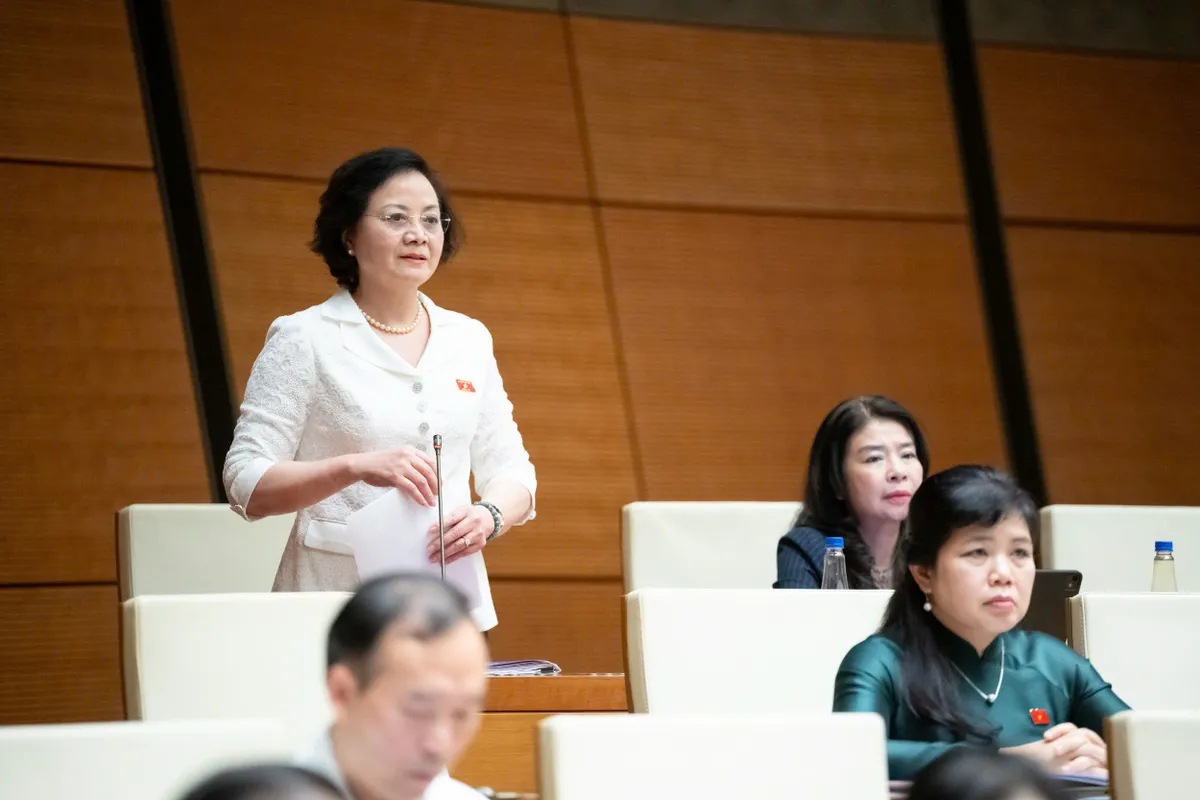
Regarding the operation of two-level local governments, Deputy Prime Minister Pham Thi Thanh Tra assessed that the revolution in restructuring the apparatus has fundamentally, thoroughly and comprehensively changed the institutions, local governance, organizational thinking, as well as the operating methods of governments at all levels.
After the first four months of implementing the two-tier government model, the Deputy Prime Minister said that despite difficulties and problems, the apparatus has basically operated stably, smoothly and synchronously. Many localities have creative and flexible ways of solving arising problems in a timely manner, which has been recognized by the people.
Ms. Pham Thi Thanh Tra emphasized that the important task in the coming time is to focus on perfecting the system of institutional policies. Along with that is the building of a team of cadres, civil servants and public employees to meet the operational requirements of the local government at two levels, especially at the commune level.
Regarding the opinions of many National Assembly delegates stating that the current situation of commune-level civil servants is "both excessive and insufficient", according to Deputy Prime Minister Pham Thi Thanh Tra, based on a synthesis from 34 provinces and cities, the average number of commune-level civil servants is not lacking (41.3%), and only 5.38% are not suitable for their expertise.
The Deputy Prime Minister said he will direct the Ministry of Home Affairs to complete the job position framework, clearly define job positions, especially at the commune level, and complete the conditions as a legal basis for staff assignment.
Ms. Pham Thi Thanh Tra also informed that the recent allocation of staffing levels for the entire political system at the commune level is only a temporary guide. In the future, the competent authority will allocate staffing levels for the 2026-2030 period. The Government will also assign the Ministry of Home Affairs to develop a project to train and foster the team of commune-level civil servants until 2030.
Along with reviewing and supplementing the planning and development plans of each locality to design a financial mechanism suitable for the two-level local government model, the Deputy Prime Minister emphasized the need to promote digital transformation, apply AI to public services, build e-government and digital government. The new Deputy Prime Minister also asked localities to be proactive in handling problems arising in their localities.
Source: https://vtv.vn/pho-thu-tuong-pham-thi-thanh-tra-chua-the-cai-cach-tien-luong-ngay-can-tinh-toan-rat-ky-luong-100251029164111156.htm



![[Photo] Human love in the flood in Hue](https://vphoto.vietnam.vn/thumb/1200x675/vietnam/resource/IMAGE/2025/10/29/1761740905727_4125427122470875256-2-jpg.webp)
![[Photo] Prime Minister Pham Minh Chinh chaired a meeting to evaluate the operation of the two-level local government model.](https://vphoto.vietnam.vn/thumb/1200x675/vietnam/resource/IMAGE/2025/10/29/1761751710674_dsc-7999-jpg.webp)

![[Photo] Prime Minister Pham Minh Chinh chaired a meeting to discuss solutions to overcome the consequences of floods in the central provinces.](https://vphoto.vietnam.vn/thumb/1200x675/vietnam/resource/IMAGE/2025/10/29/1761716305524_dsc-7735-jpg.webp)
![[Photo] Hue: Inside the kitchen that donates thousands of meals a day to people in flooded areas](https://vphoto.vietnam.vn/thumb/1200x675/vietnam/resource/IMAGE/2025/10/29/1761738508516_bepcomhue-jpg.webp)
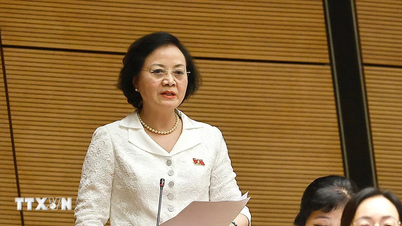

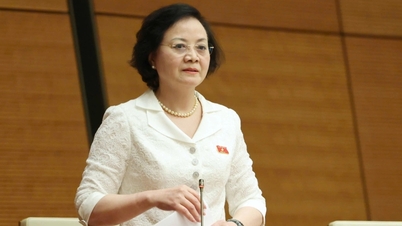

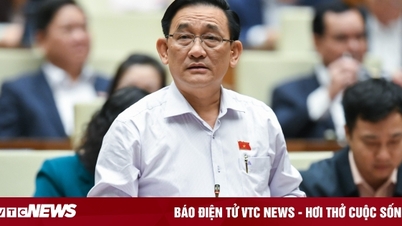

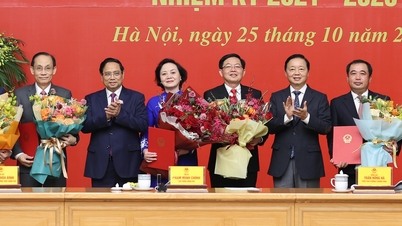



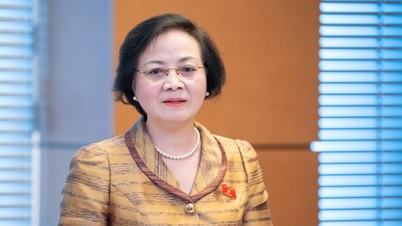

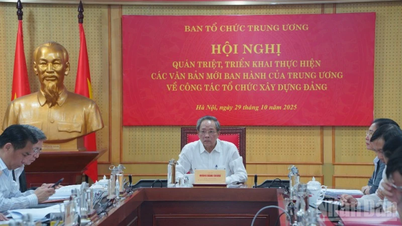


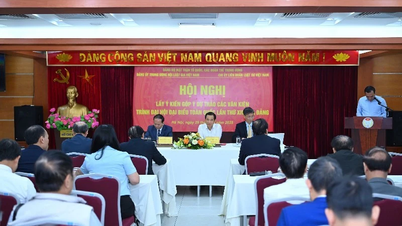
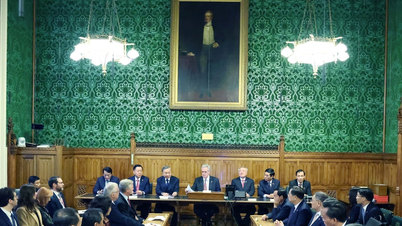
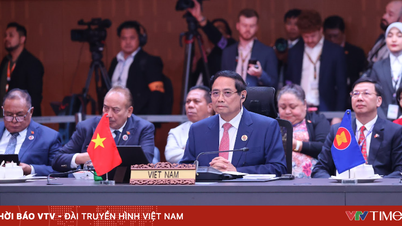
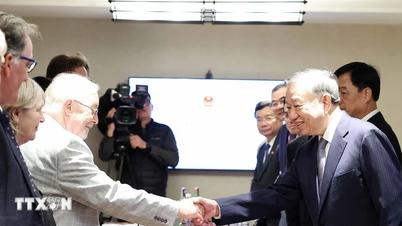




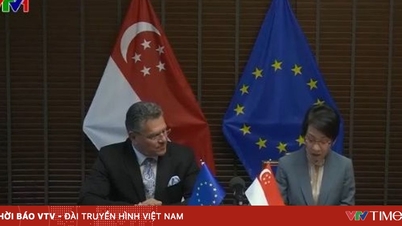






































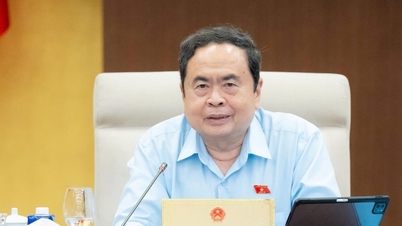
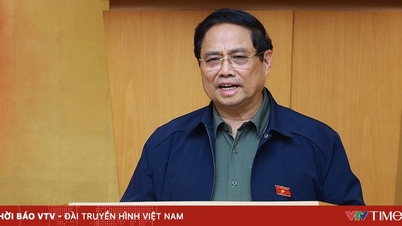
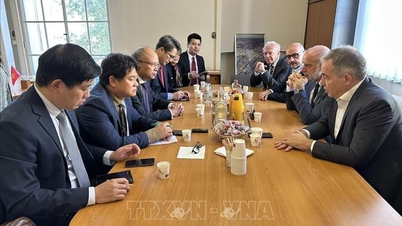
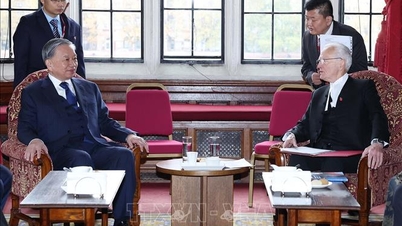



![[Live] Concert Ha Long 2025: "Heritage Spirit - Brightening the Future"](https://vphoto.vietnam.vn/thumb/402x226/vietnam/resource/IMAGE/2025/10/29/1761743605124_g-anh-sang-am-thanh-hoanh-trang-cua-chuong-trinh-mang-den-trai-nghiem-dang-nho-cho-du-khach-22450328-17617424836781829598445-93-0-733-1024-crop-1761742492749383512980.jpeg)



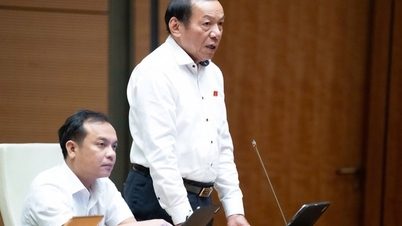























Comment (0)